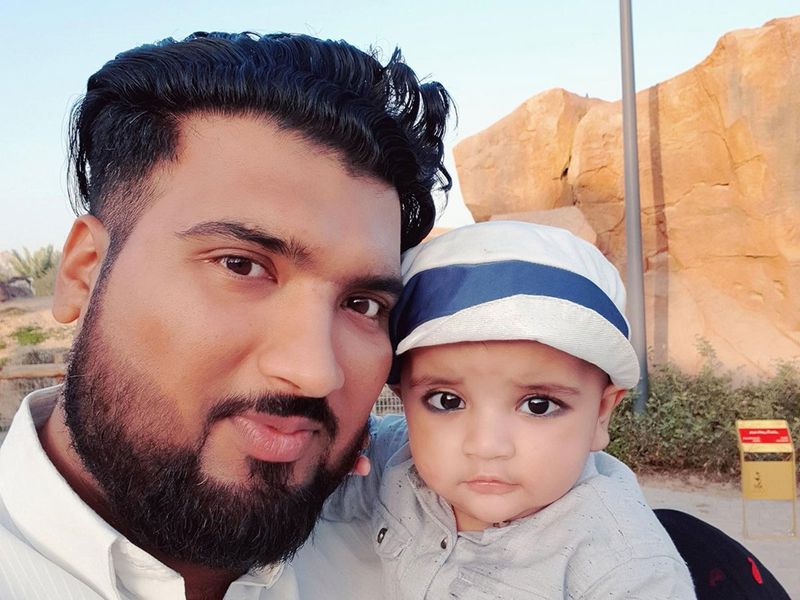
Coronavirus: Stranded residents observe a different Eid
Those with residency visas will be able to return only in June, after Eid Al Fitr is over
by Samihah Zaman, Staff ReporterAbu Dhabi: The beloved Eid festival is set to be distinctly different this year amid the variety of coronavirus restrictions in place. And for thousands of UAE residents stranded overseas, it will mean a celebration away from loved ones and their homes.
Unable to return since the UAE closed down its borders on March 19, residents are reimagining ways to mark the occasion that signals the end of Ramadan.
“I came to Oman at the beginning of March for work, and wasn’t able to get back when entry into the UAE was suspended. I will have to celebrate Eid without my wife and 15-year-old son, but this is just one of the many effects of the pandemic,” Naseem Shaikh, a 60-year-old businessman from India, told Gulf News.
“I suppose I will simply offer the Eid prayers with my workers, and prepare a special meal to share on the day. Then I will video conference with my family. Given all the ongoing stresses, this is the only way I can think of observing Eid,” the Dubai-based resident said.
This week, the UAE government announced that stranded residents with valid residence visas will be allowed to return from June 1 onwards. While the announcement came as a huge relief to those stranded, it still means that they will not be home in time for Eid, which is set to be observed on May 23 or 24.

Mohammad Saad Naeem is distraught that he will not be able to get home in time for the celebration.
“It will be my eight-year-old son’s first Eid, and I had purchased matching outfits for him, my father and me. But I came here on a visit two months ago and haven’t been able to return since. I will miss the traditional desserts that my mother and wife prepare – the rice pudding and the vermicelli, and the enjoyment with my family, who all live in Sharjah,” the 29-year-old sales manager said.
Unlike Naeem, Anwar Bin Aqeel is surrounded by family. But it will still be a fraught celebration for the 58-year-old Somali Yemeni expat stranded in Mombasa, Kenya.
“My family and I had come over for my son’s wedding, and we’ve had to extend our stay with my brother. So although we will pray the Eid prayers together and share the meals, we will miss the comfort of our home in Abu Dhabi, and the spirit of hospitality in the UAE,” Bin Aqeel said
With the city of Mombasa under lockdown, Bin Aqeel and his family will stay home.
“It will be a very different Eid. We just want to stay safe until we can return home, and we are taking as many precautions as we can because one of my daughters-in-law is pregnant,” Bin Aqeel said.
Samreen Manzoor, who is stranded in Pakistan with her husband, echoed the same sentiments.
“This would have been my first Eid in the Ras Al Khaimah, and I was very excited. But after we came here for my sister-in-law’s wedding, my husband and I were unable to return,” said Manzoor, a 31-year-old homemaker.
Boarding with Manzoor’s in-laws, the couple will whip up some delectables for Eid, but will otherwise stay home.
“My family too lives in Karachi, but I will video conference with them. We want to stay healthy so that we can get back to our home, and to my husband’s engineering job,” she added.